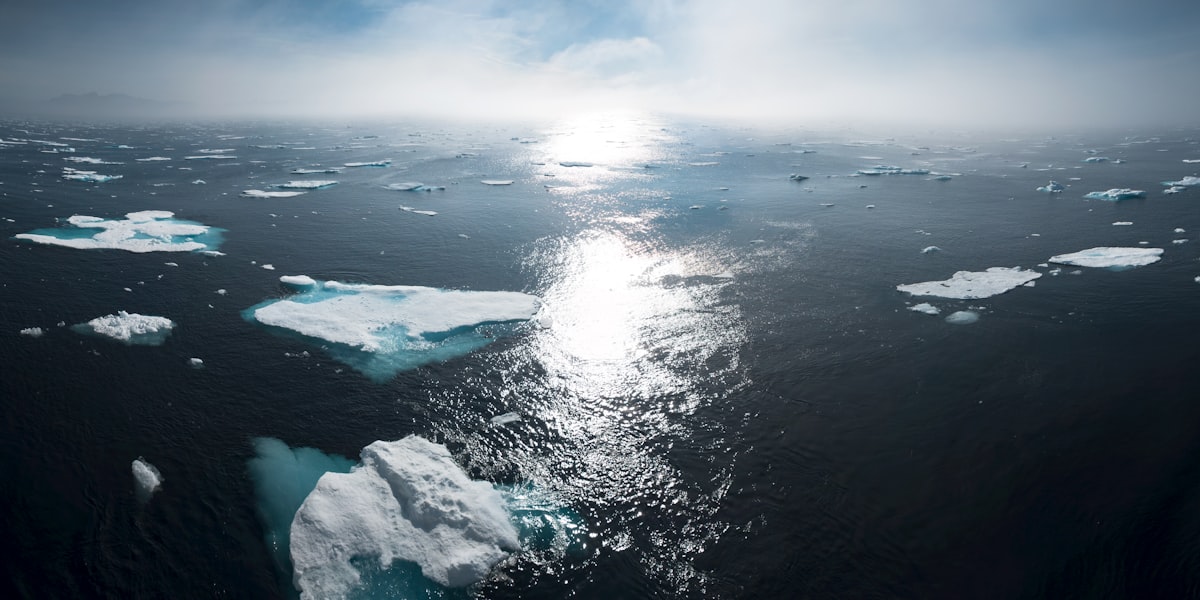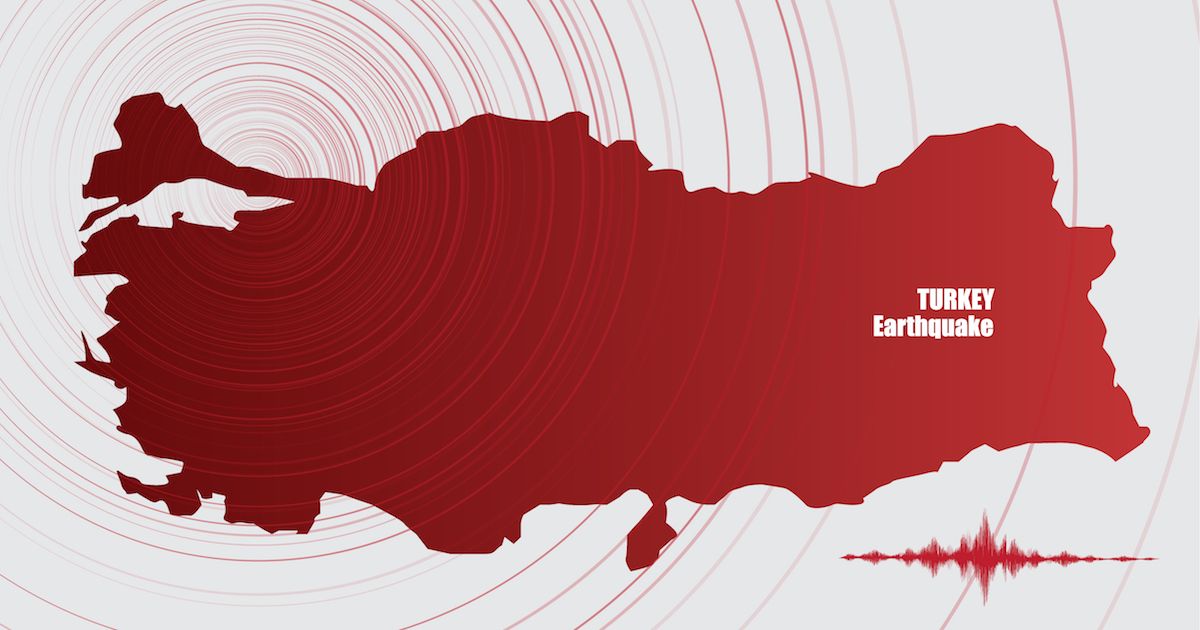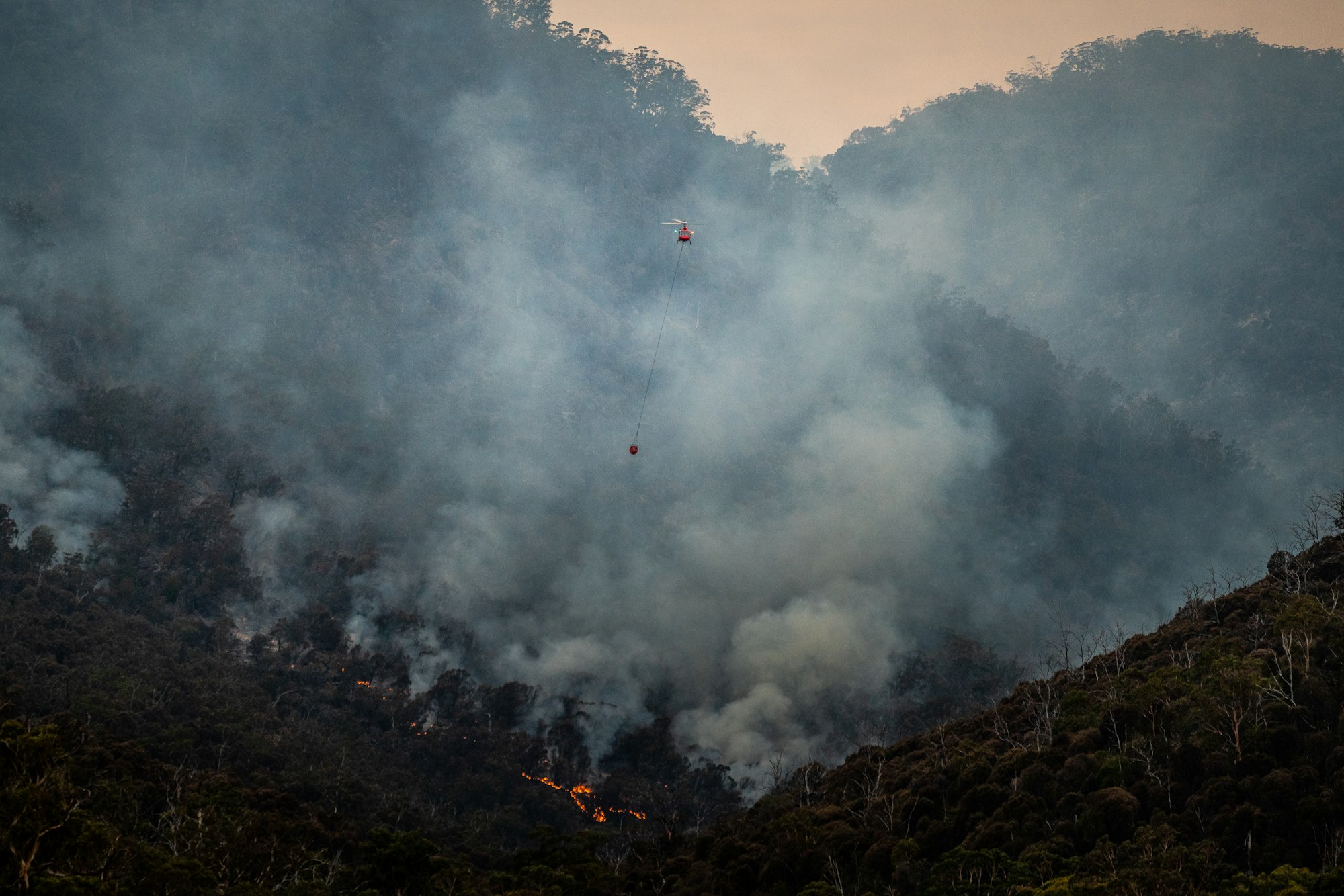What is climate change?
Greenhouse gas emissions—particularly carbon dioxide and methane—have caused global climate change. These gasses warm the atmosphere and raise global temperatures.

Long-term changes in temperature and weather are referred to as climate change. It refers to a long-term change in a region's typical weather conditions, like temperature and precipitation. A considerable change in average weather conditions, such as getting warmer or rainier, is what is generally meant by the term "climate change." Human activity is to blame for the current rapid climate change.
How is it impacting us?
Climate change is a global environmental issue that has been caused by the increased emission of greenhouse gasses, especially carbon dioxide and methane, into the atmosphere. The heating effect of these gasses traps heat in the atmosphere and causes an overall rise in global temperatures.
In recent years, the effects of climate change have become increasingly visible with extreme weather events, rising global temperatures, and shifts in global weather patterns.
How is it affecting our everyday life today?
The consequences of climate change are widespread and include reductions in agricultural yields, health impacts, displacement, drought, sea-level rise, and more.
As temperatures continue to increase, it will be increasingly difficult for people to adjust to and cope with the impacts of climate change. Already, some of the world’s poorest countries are suffering from climate-related disasters, food insecurity, and other forms of instability.
What does it look like for America?
Climate change is rapidly transforming America, impacting everything from the economy to the environment, and the health and wellbeing of its citizens. Over the past decade, the country has experienced record-breaking heat waves, droughts, wildfires, and hurricanes, with devastating consequences.

The Significant Impacts
Rising sea levels:
Coastal cities such as Miami, New Orleans, and New York City are at risk of being submerged under water due to the melting of the polar ice caps. This not only poses a severe threat to the lives and properties of the people living in these areas but also has significant implications for the economy. For instance, the flooding of ports could disrupt shipping and impact trade, resulting in billions of dollars in losses.
Agriculture Destruction:
A vital sector of the US economy. Rising temperatures and changing weather patterns are causing severe droughts, which are reducing crop yields and increasing food prices. This has not only impacted farmers' livelihoods but also threatens the country's food security.
Frequency of natural disasters:
The increase in frequency and intensity of natural disasters such as hurricanes, tornadoes, and wildfires is alarming. These events cause significant damage to infrastructure, homes, and businesses, and can also result in loss of life. The 2020 hurricane season, for example, was one of the most active in history, resulting in billions of dollars in damages and the displacement of thousands of people.
Public Health:
Extreme heat waves and air pollution caused by increased greenhouse gas emissions can lead to respiratory problems, heat exhaustion, and other health issues. Children, the elderly, and low-income communities are particularly vulnerable to these impacts.
Photo by Matt Palmer / Unsplash
How does the government play a role?
Many countries have implemented policies to reduce emissions and combat climate change. The most notable policy is the Paris Agreement, an international agreement among nearly 200 countries to reduce their emissions and limit the global temperature rise to 2 degrees Celsius or less. Other policies have focused on clean energy, such as renewable energy sources like wind and solar, reducing energy usage, utilizing cleaner transportation technologies, and promoting sustainable agriculture. However, much more needs to be done to meet the Paris Agreement target of keeping global temperatures at a manageable level.
How are people reacting towards this change?
In addition to policy initiatives, individual citizens and businesses can also help limit the effects of climate change by taking proactive steps to reduce their ecological footprint:
Simple changes such as using energy-efficient appliances and insulating homes can help reduce emissions.
Changing consumption habits and buying products with eco-friendly packaging can also help limit the amount of waste released into the environment. Citizens can spread awareness and advocate for responsible public policies.
How can we ensure a safe future?
To ensure safety for future generations, we must take urgent action to limit the effects of climate change.This requires greater investments in clean energy, energy efficiency, and sustainable development practices.
International collaboration and cooperation is also needed to ensure that all countries can benefit from changes in climate policies and to promote sustainability worldwide. By taking steps now to reduce emissions, conserve resources, and invest in environmental protection measures, we can create a safer and healthier future for all.
Conclusion
In conclusion, climate change is having a profound impact on America today, with far-reaching implications for its economy, environment, and society. Urgent action is needed to mitigate the effects of climate change and build resilience in communities across the country.
Read about trending technologies.



